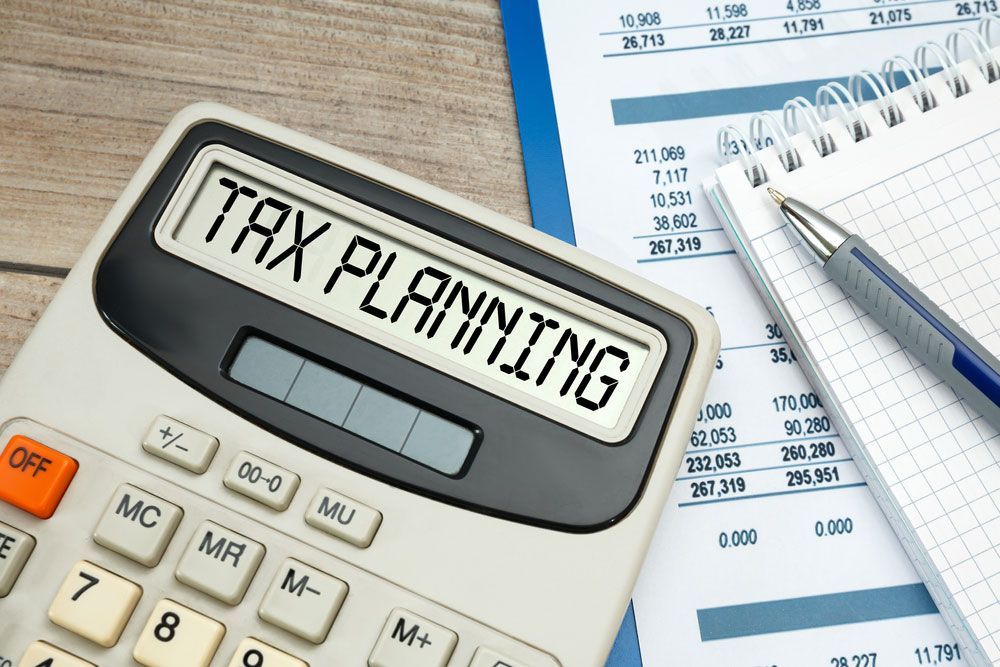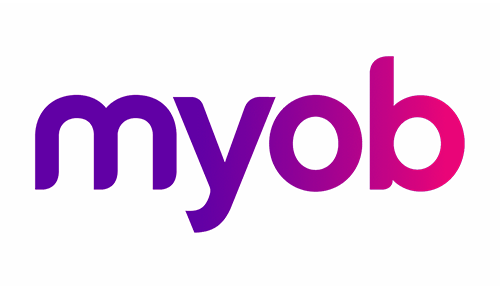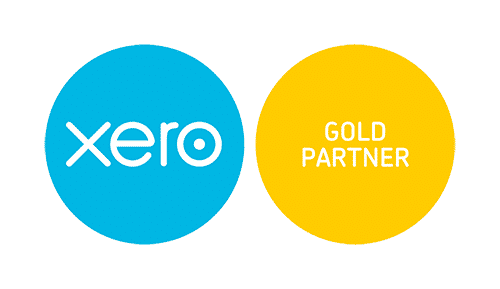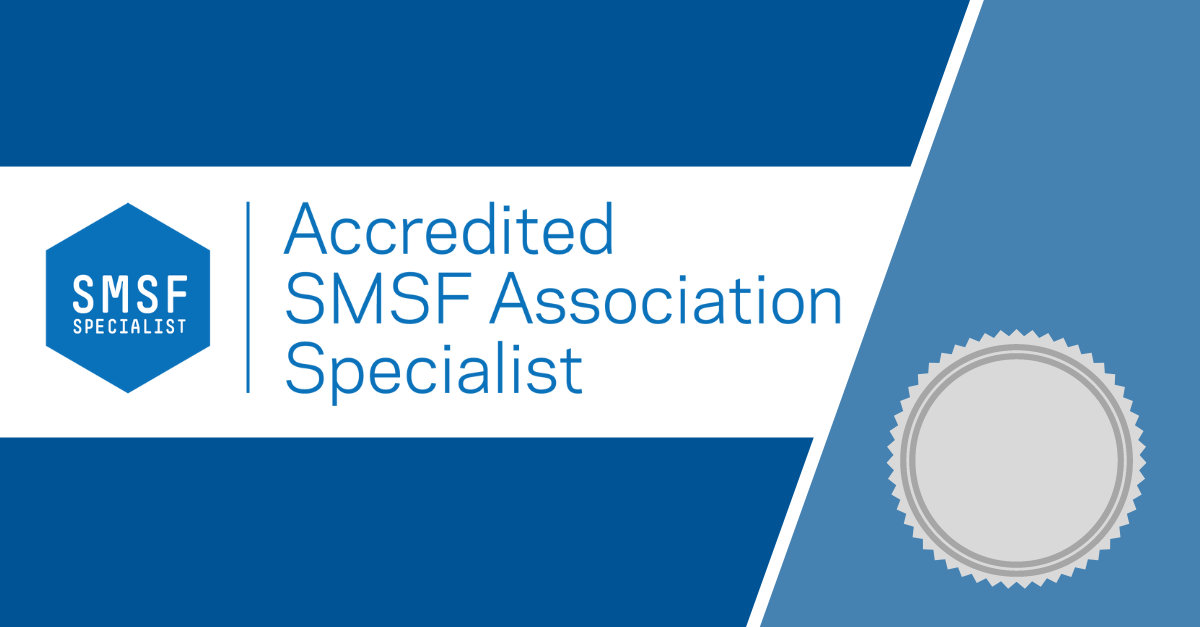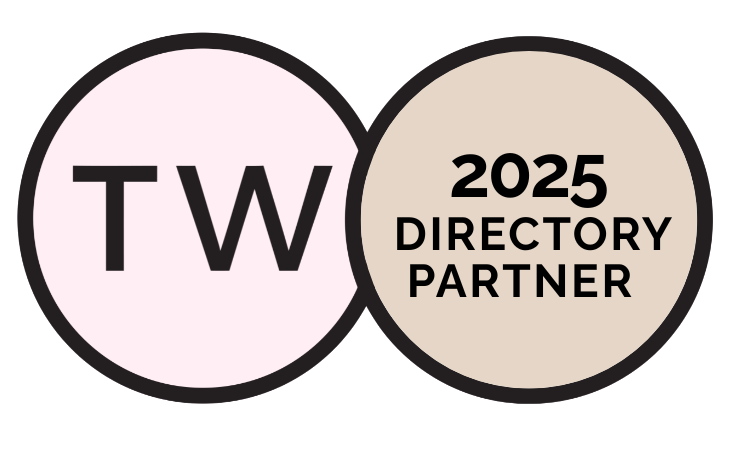Providing Tax Planning on the Central Coast
Professional Team
Wide Service Range
Customer Service-focused
Focusing On Proactive Planning
Dynamic Accounting Taxation Advisors offers comprehensive tax planning services for individuals and businesses in Gosford, Erina, Bateau Bay, Lisarow, The Entrance, Woy Woy, Wamberal, Kincumber and surrounding Central Coast areas. We aim to help businesses optimise tax outcomes and reduce liabilities.
Our tailored strategies focus on proactive planning, aiming to provide clients with the tools to achieve long-term financial security and savings. By offering ongoing support and adapting to changing tax regulations, we help ensure that clients are well-prepared for future obligations.
For personalised tax planning on the Central Coast, contact us on (02) 4385 7365 to discuss your needs.
Analysing Your Financial Situation
Tax planning in Australia often involves analysing your financial situation to develop strategies that may legally reduce tax liabilities. It includes reviewing income, expenses, investments and other financial activities to identify areas where tax savings can be optimised.
For individuals, this may involve maximising deductions, planning superannuation contributions or utilising offsets. Businesses may benefit from timing expenses, using asset write-offs or accessing small business tax incentives.
By proactively planning, individuals and businesses may minimise tax obligations while staying compliant with Australian tax laws. Consulting with a professional may ensure that tax strategies align with personal or business goals and adapt to regulatory changes.
Frequently Asked Questions
What is tax planning, and why is it important for individuals and businesses?
Tax planning is the process of analysing one’s financial situation to develop strategies that may legally reduce tax liabilities while staying compliant with Australian tax laws.
For individuals, tax planning may involve maximising deductions, offsetting income and choosing the right investments that offer tax benefits. For businesses, tax planning can include managing expenses, adjusting cash flow and utilising tax incentives for growth.
Effective tax planning can help individuals retain more of their income and help businesses allocate more funds toward growth initiatives. By organising tax obligations and planning ahead, both individuals and businesses may achieve greater financial stability and avoid unexpected tax burdens.
How can tax planning benefit my personal finances?
Tax planning may allow individuals to make the most of available deductions, credits and offsets, ultimately reducing the amount of tax owed. For example, planning contributions to superannuation, structuring investments in tax-efficient ways and claiming work-related deductions can all help minimise personal tax liabilities.
Tax planning may also help individuals prepare for significant life changes, such as purchasing property or planning for retirement, by structuring financial decisions in a tax-effective manner. A proactive approach to tax planning may ensure that individuals are aware of their tax position and can make strategic decisions to optimise their income and investments.
What are some common tax planning strategies for small businesses in Australia?
Small businesses in Australia have several tax planning options that can help minimise tax liabilities. Strategies may include timing expenses and income to optimise cash flow, taking advantage of immediate asset write-offs and claiming deductions for operating expenses such as rent, utilities and employee benefits.
Additionally, small businesses can benefit from hiring family members in appropriate roles, exploring the potential tax advantages of company structures and utilising government tax incentives. Engaging in regular tax planning may help businesses stay informed on applicable deductions and credits. This may ensure they are prepared for tax time and can reinvest savings into their operations.
How does tax planning help with retirement preparation?
Tax planning can play essential role in preparing for retirement, as it helps individuals maximise their superannuation contributions, manage investment taxes and minimise liabilities on retirement income.
Contributing to superannuation within annual contribution caps can significantly reduce taxable income, while strategies like transitioning to retirement income streams can provide tax-effective income.
Additionally, careful tax planning may allow individuals to structure investments to minimise capital gains tax when assets are sold, helping protect retirement savings. By planning tax obligations well in advance, individuals can secure a more financially stable retirement and may optimise the value of their retirement assets.
